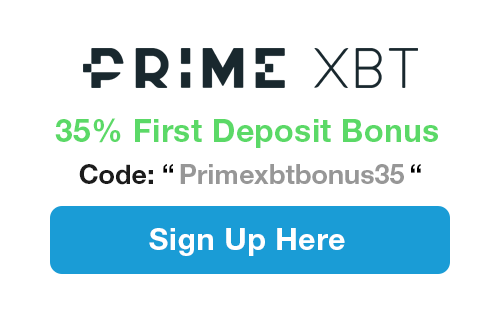Save Money With These Brokers:
In CFD trading and professional crypto trading, brokers work with a margin. This margin only covers a small part of the trading volume, but must always be provided by the trader. However, if this is no longer sufficient due to interim price losses, most CFD and Crypto brokers alert their clients with a margin call.
Margin as collateral
In both Crypto and CFD trading, brokers work with leverage and margin tied to leverage. This is a security deposit and is – depending on the leverage – in most cases between 0.25 and 10 percent. For example, with a security deposit of five percent, the customer only has to hold five percent of the trading volume as his own capital on his trading account. For example, if you want to trade US dollars for the equivalent of 100,000 euros, you have to keep at least 500 euros of your own capital on your trading account with a margin of five percent and use it for the trade.
What is the margin call?
The margin must be sufficient at all times as it serves as collateral. Now it can of course happen that the interim price losses for a position are so high that the margin available on the trading account may no longer meet the security requirements in a few minutes. In the previous example, this could mean that with a required margin of five percent, there are now price losses of just under five percent. In this case, most brokers work with a margin call.
This is practically an alarm and should inform the trader that his security is currently just sufficient, but even the smallest further negative price developments could lead to the fact that there is no longer sufficient margin. The “problem” for the trader in this situation is that most brokers have committed themselves to ensuring that no greater losses can arise for the trader than he has invested capital. Thus, the position would have to be closed automatically to prevent this from happening.
What does the trader have to do in case of a margin call?
The exciting question now is how the trader can react to a call. Basically there are the following scenarios:
- Increase the margin on the trading account and thus secure the position.
- Ignore margin call and position will be closed by broker in case of further small losses
- Ignore margin call and reduce losses so that position can remain open
- Trader is subject to the obligation to make additional margin calls
The last point is no longer relevant today due to newer EU directives, at least for brokers located within the EU. Normally, CFD and Crypto brokers have to rule out the obligation to make additional contributions, so that the client cannot lose more capital than he has invested. However, this does not automatically apply to all Crypto and CFD brokers, so it is essential that you find out whether your provider has an obligation to make additional contributions or not. If this is not the case, you may even lose significantly more capital than you have invested.
In this context, the margin call is therefore a well-intentioned help or warning on the part of the broker so that you are not obliged to make additional contributions or so that your position is not automatically closed and you would thus lose your capital investment.


